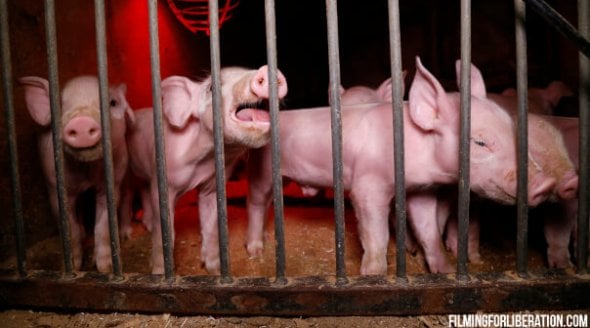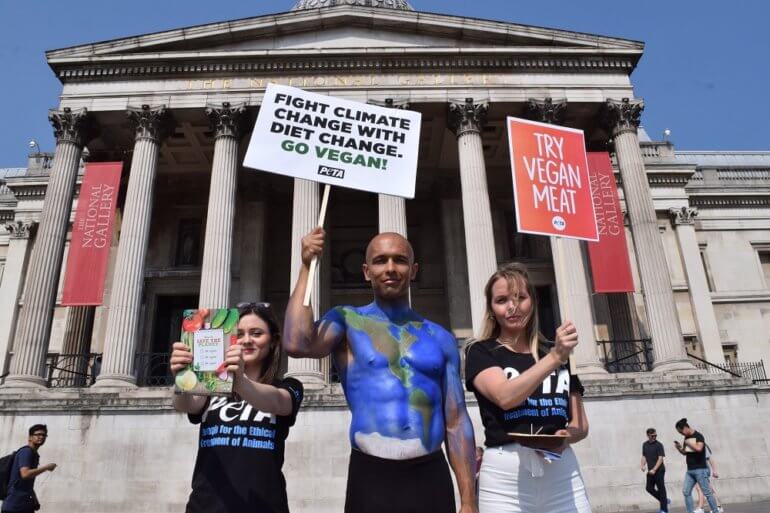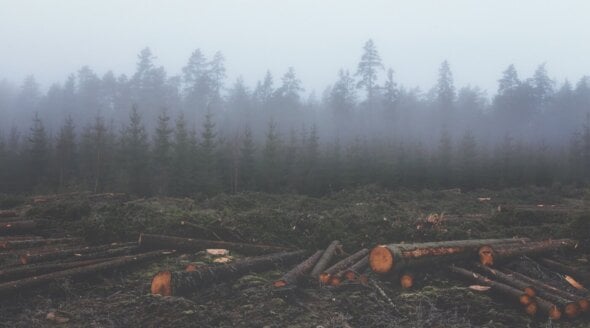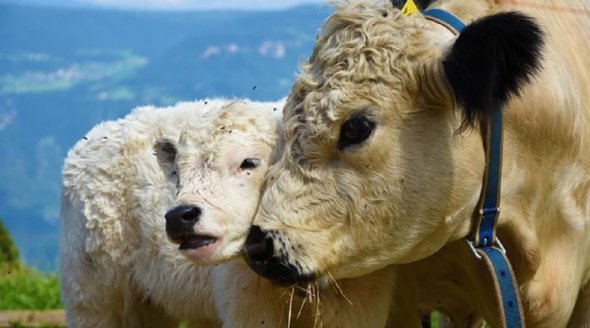Why You Should Go Vegan
Vegan living is the fastest-growing lifestyle movement in the UK. The movement is growing at an astonishing rate as more and more people recognise that other animals have just as much of a desire to live as we do – and that when we eat vegan, it’s better not only for other animals but also for our health and the planet.
For Animals
The meat, fishing, egg, and dairy industries are a nightmare for animals, who are treated like a collection of body parts rather than the sentient individuals they are.
All animals reared for food suffer. Females are repeatedly forcibly impregnated. Babies are torn away from their mothers, mutilated, and kept in filthy and severely crowded conditions. Then, often when they’re only a few months old, they endure a stressful and terrifying trip to the abattoir, where many are killed while still conscious.
In abattoirs, pigs and cows are hoisted upside down by their back legs and their throats are cut, even though they often haven’t been properly stunned.
Fish are taken from their ocean homes and forced to endure a gruesome death by suffocation aboard huge fishing boats. Those who survive the gruelling journey back to port and onwards to market are gutted on arrival.
Chickens can live for more than a decade, but hens raised for their eggs can keep up intensive laying for only about two years. When their production begins to wane, they’re shipped off to slaughter. Because male chicks can’t lay eggs and haven’t been bred to produce excessive flesh for meat, they’re regarded as useless and gassed, tossed in the bin, or dropped into a high-speed meat grinder and minced alive.
Egg industry grinds male chicks alive. One great reason to replace eggs w/ vegan fare http://t.co/WWnBsqXOnh pic.twitter.com/mx7mJIhBp9
— Vegan Outreach (@veganoutreach) April 5, 2014
For the Planet
You can’t be a meat-eating environmentalist. The fishing, meat, dairy, and egg industries aren’t just relentlessly cruel to animals – they’re also a nightmare for the environment.
Sir David Attenborough has described the catastrophic potential of climate change:
“If we don’t take action, the collapse of our civilisations and the extinction of much of the natural world is on the horizon.”
Animal agriculture is responsible for a greater proportion (14% to 18%) of global greenhouse-gas emissions than all transportation (which accounts for 13.5%, including air travel), according to the United Nations report “Tackling Climate Change Through Livestock”.
Researchers at the University of Oxford found that if everyone went vegan, we could reduce our carbon footprint from food by up to 73%, resulting in a significant drop in greenhouse-gas emissions.
The study’s lead author, Joseph Poore, highlights the massive impact of ditching meat, dairy, and eggs:
Quote: “A vegan diet is probably the single biggest way to reduce your impact on planet Earth …. It is far bigger than cutting down on your flights or buying an electric car.”
Scientists agree that vegans have a lower dietary carbon footprint than vegetarians and meat-eaters do, so the easiest way to help slow down climate change immediately is to go vegan.
For Our Health
A recent study suggests that eating vegan can help reduce our risk of disease, as plant-based foods are packed with health-promoting phytochemicals – including the powerful antioxidants found in fruits and vegetables. Researchers found that vegans had higher concentrations of antioxidant carotenoids, a higher proportion of total omega-3 fatty acids, and lower levels of saturated fatty acids than non-vegans, all of which are linked to positive health outcomes.
An 11-year German study involving more than 800 vegetarian men also found that their cancer rates were less than half those of the general public.
Vegan foods are rich in other essential nutrients, too – several studies have reported that people who eat vegan tend to consume more fibre, potassium, magnesium, folate, and vitamins A, C, and E.
How to Get Started
Going vegan has never been as easy as it is today – or as delicious. You could switch from cows’ milk to soya, almond, coconut, or oat milk and from butter to dairy-free spread. Swap out meat for delicious vegan meats made with tempeh, soya, wheat protein, seitan, and other animal-friendly goodness.
For all the tips and tricks, take our vegan challenge We’ll be sending you e-mails to guide you through all the latest and greatest happenings in the vegan world – from plant-based breakfast extravaganzas to animal-friendly clothing – and give you tips on showing compassion for all living beings in every aspect of your life.









